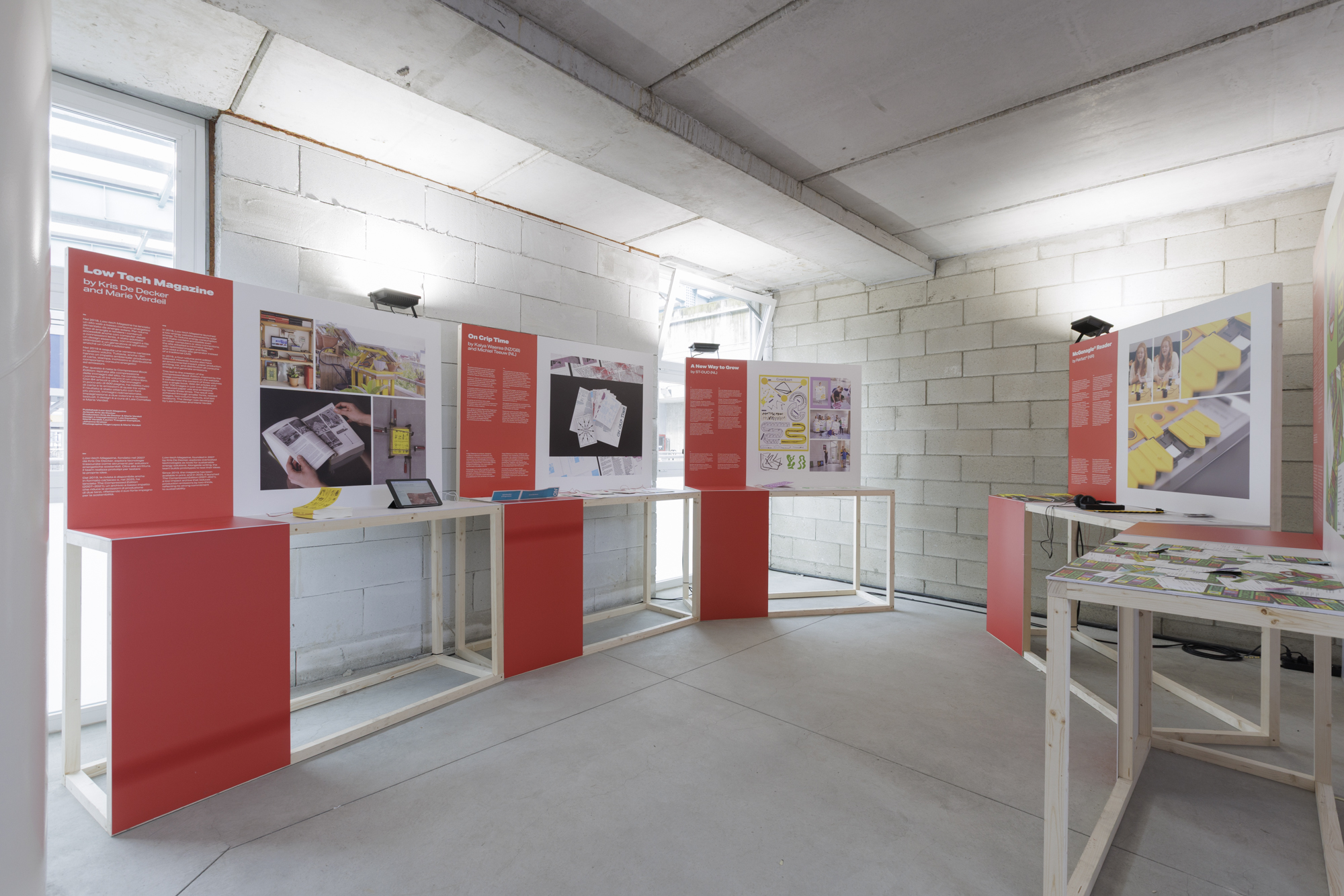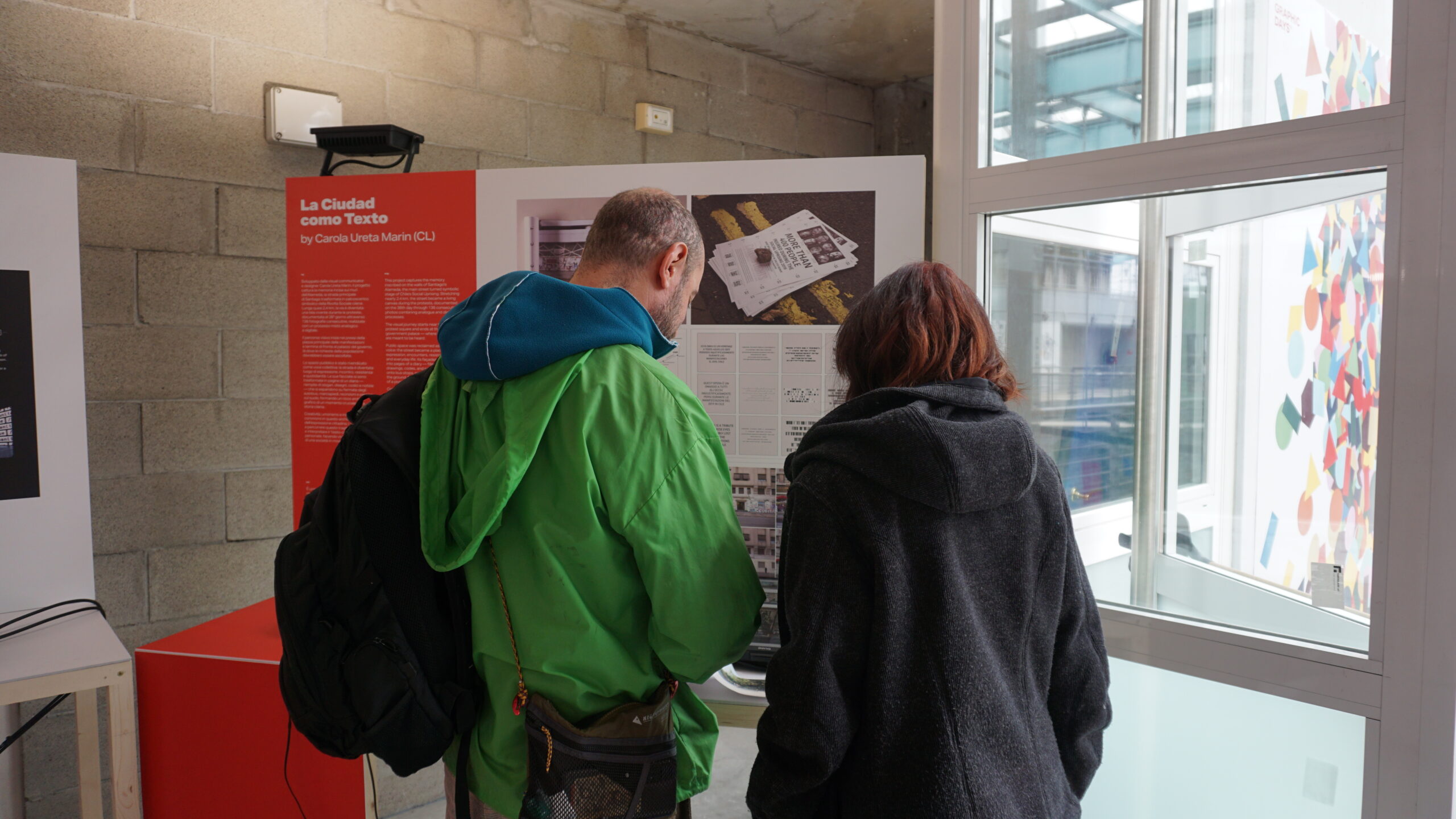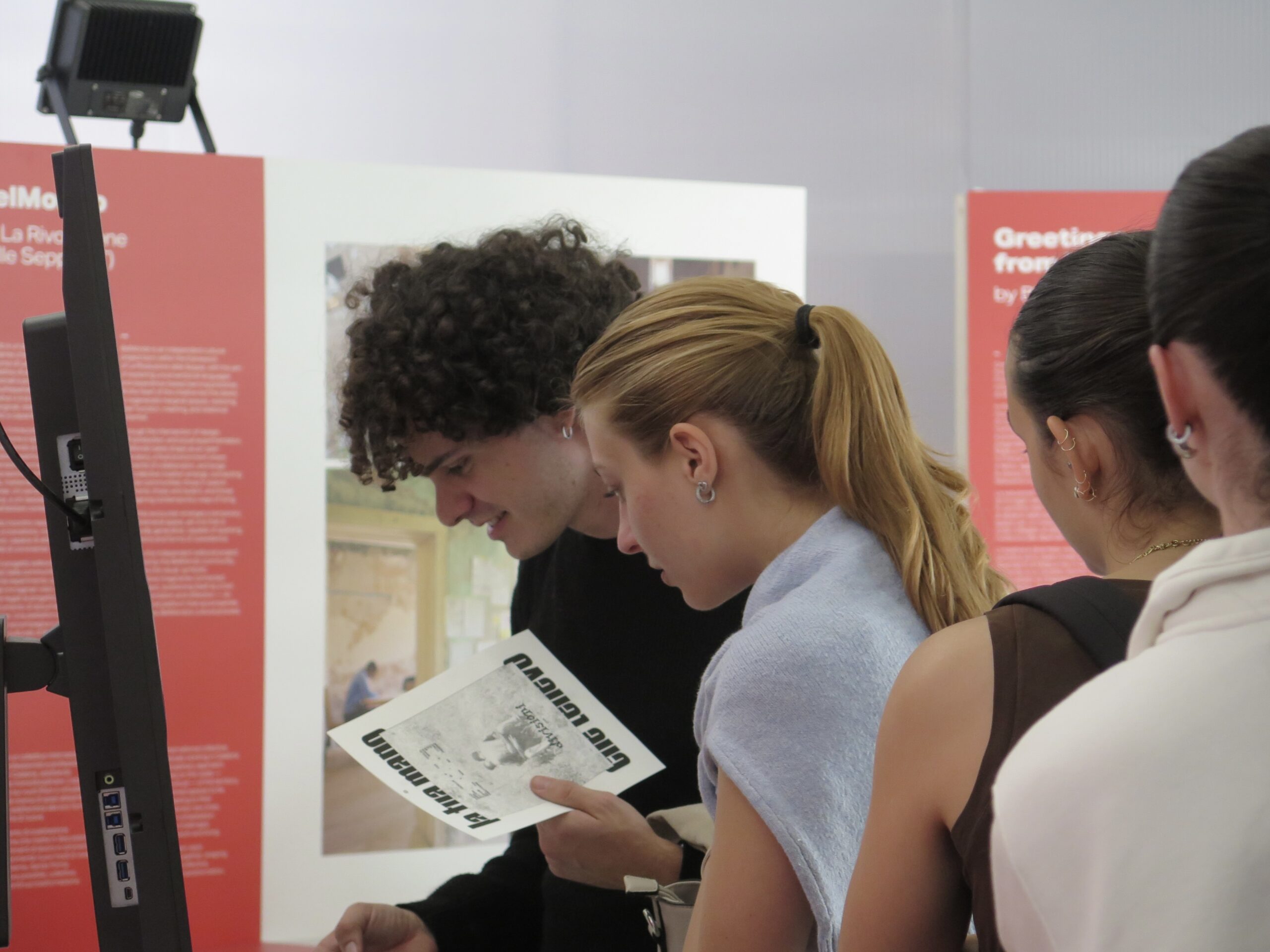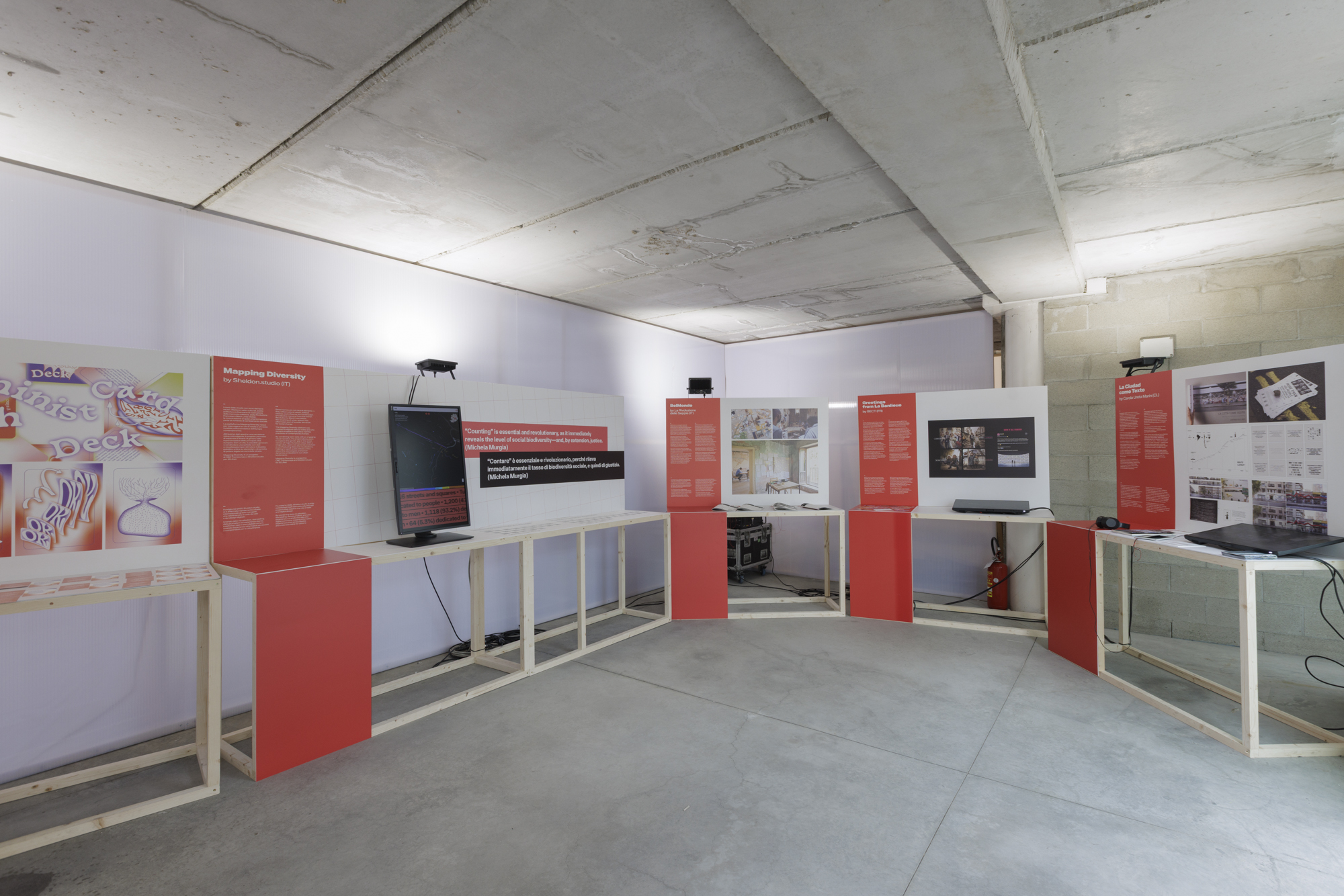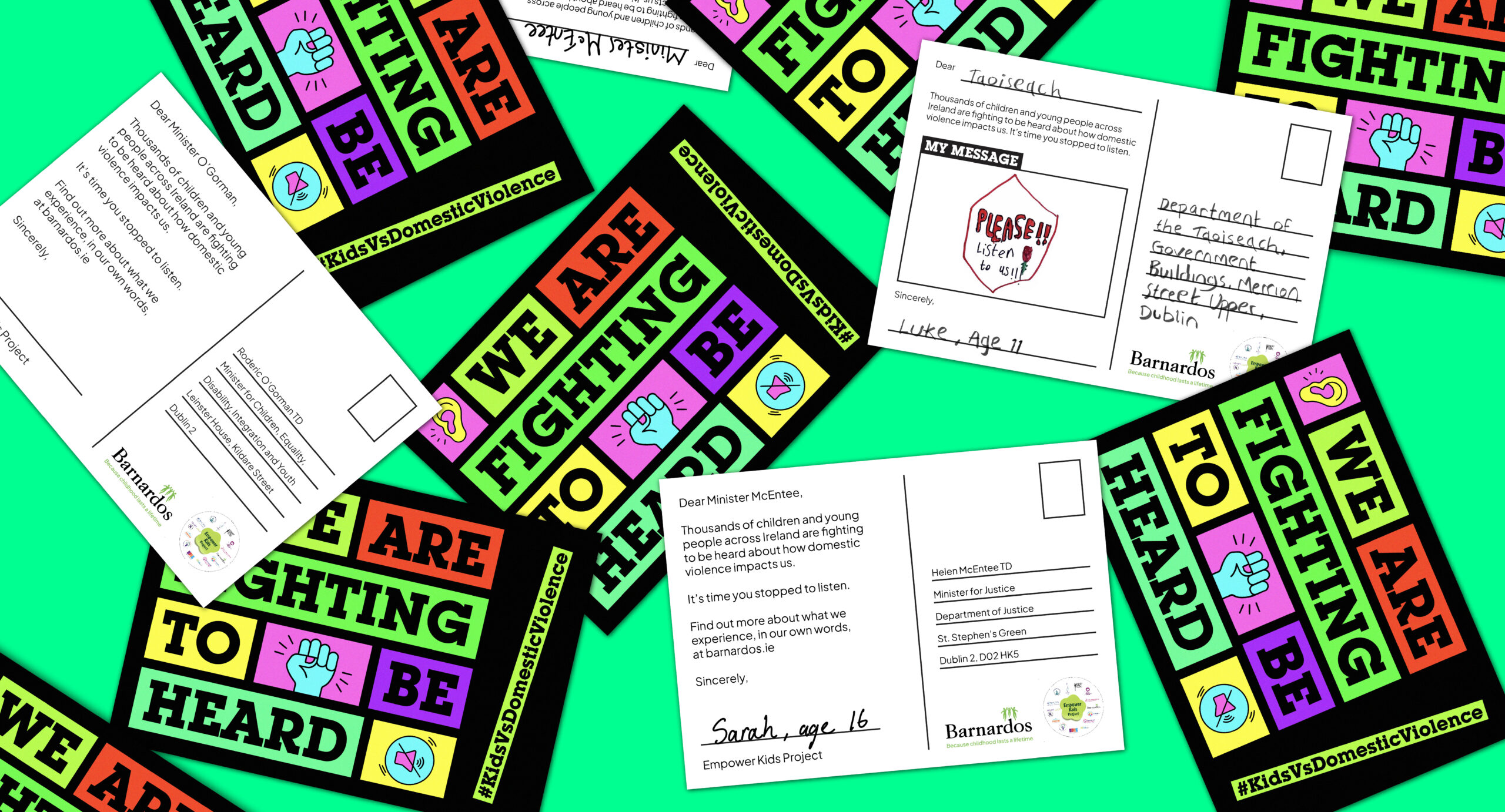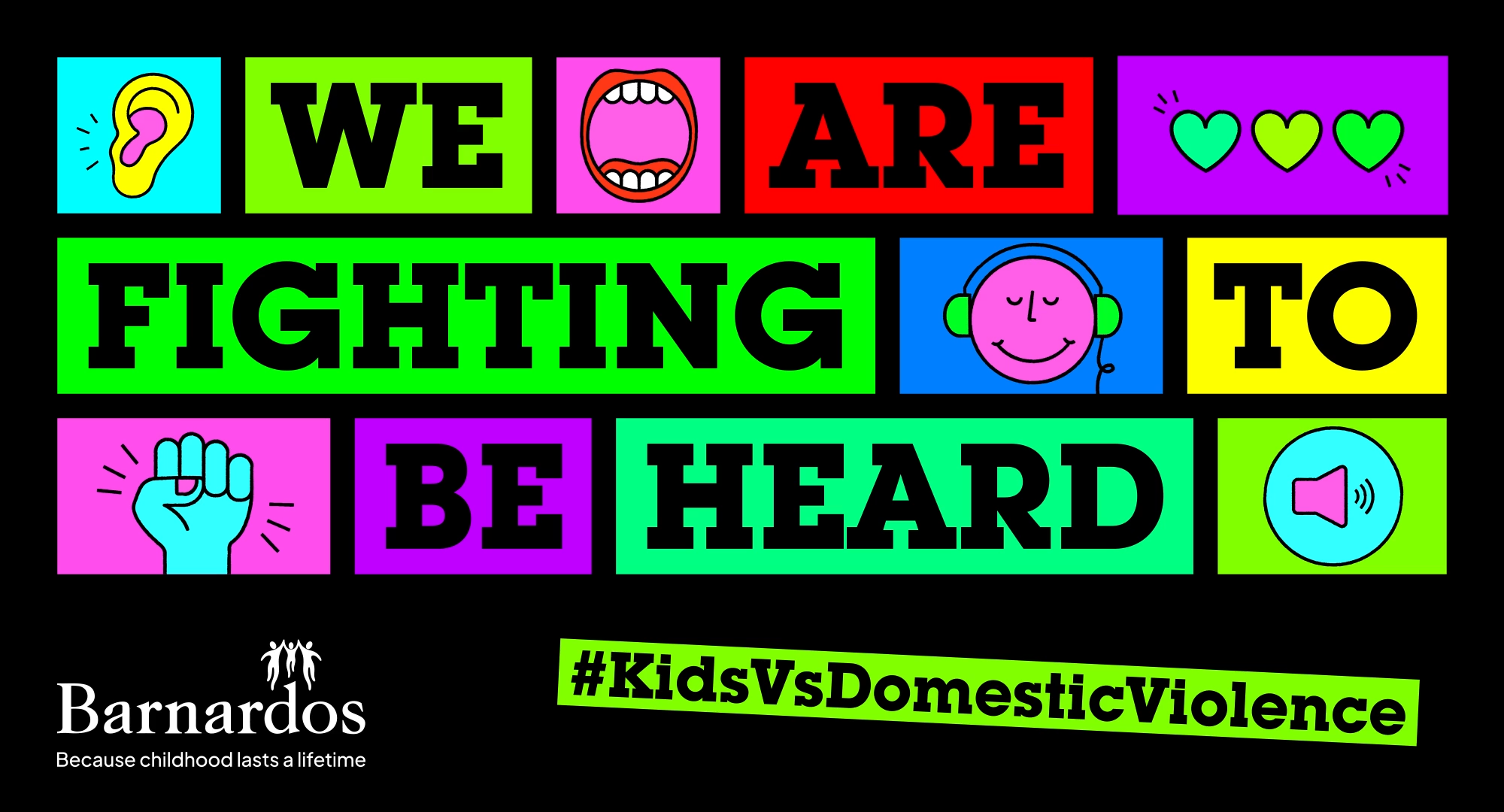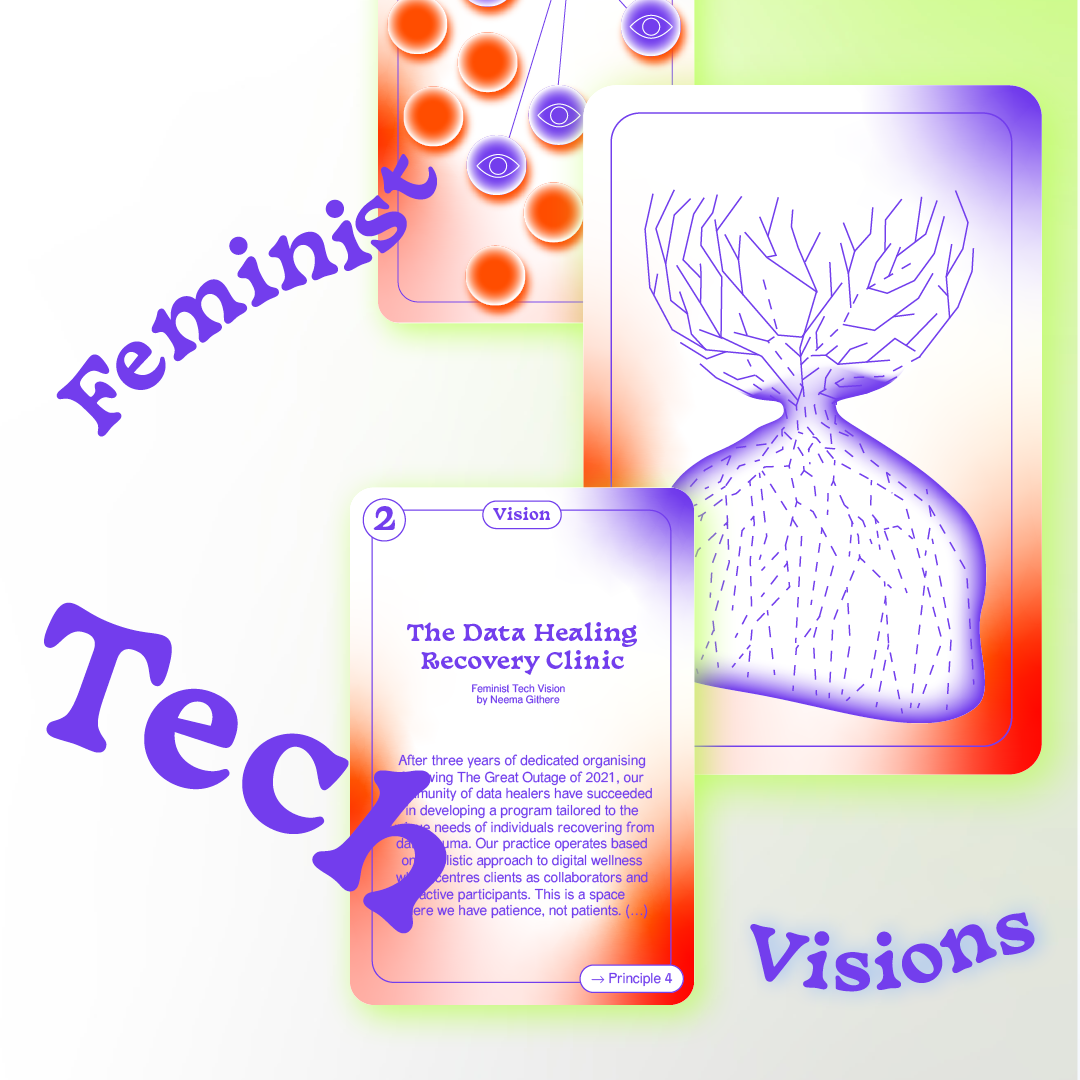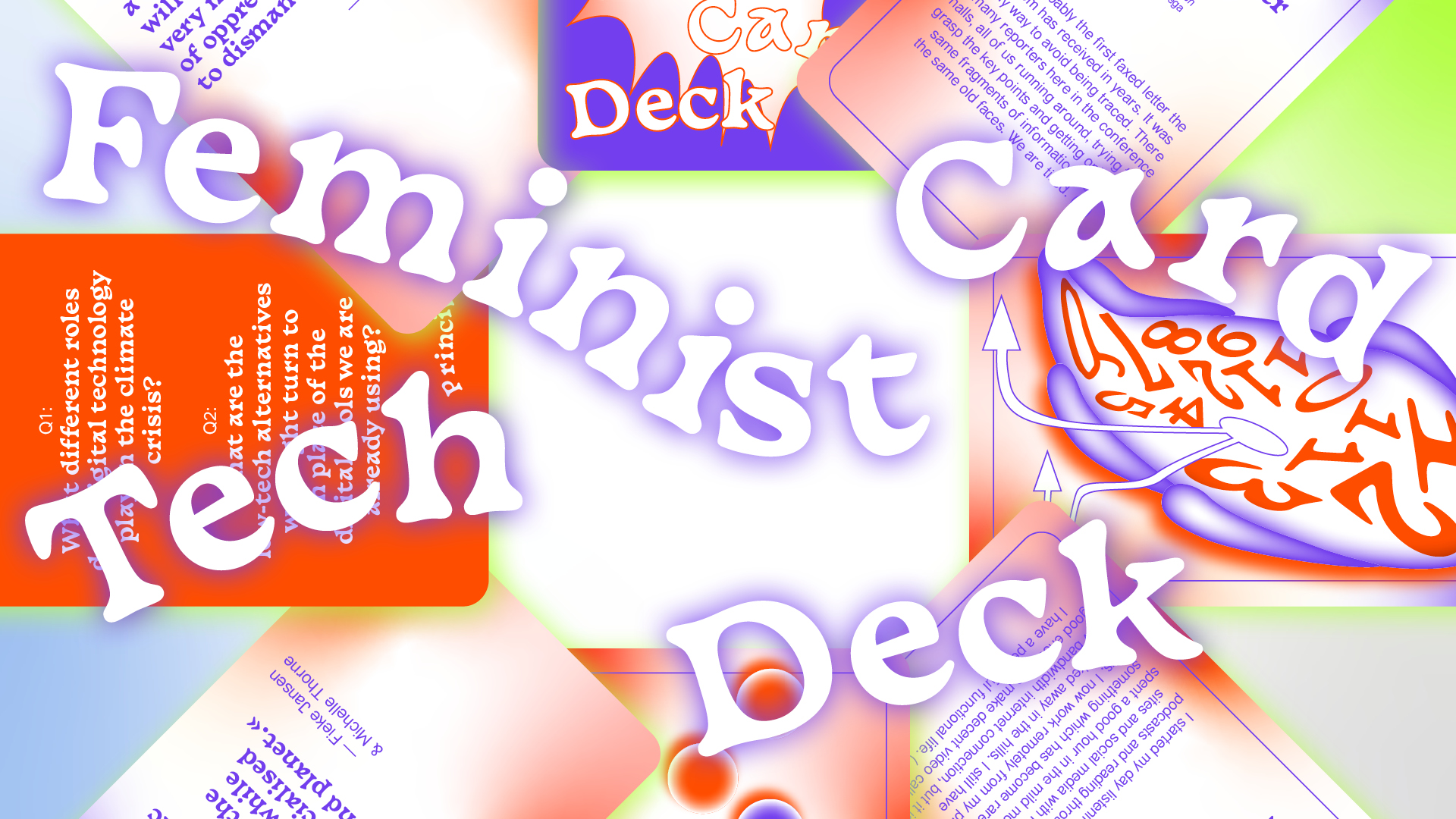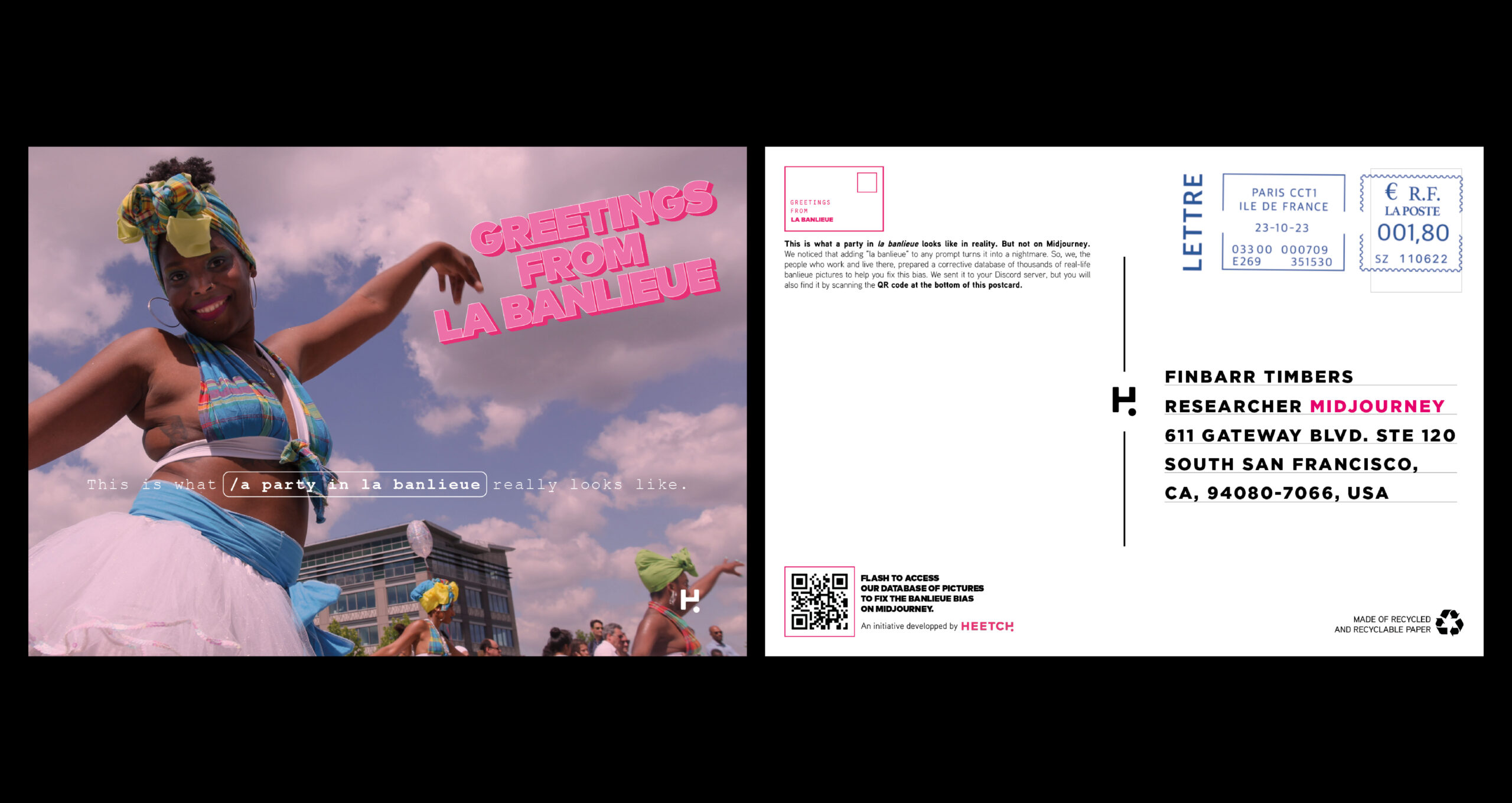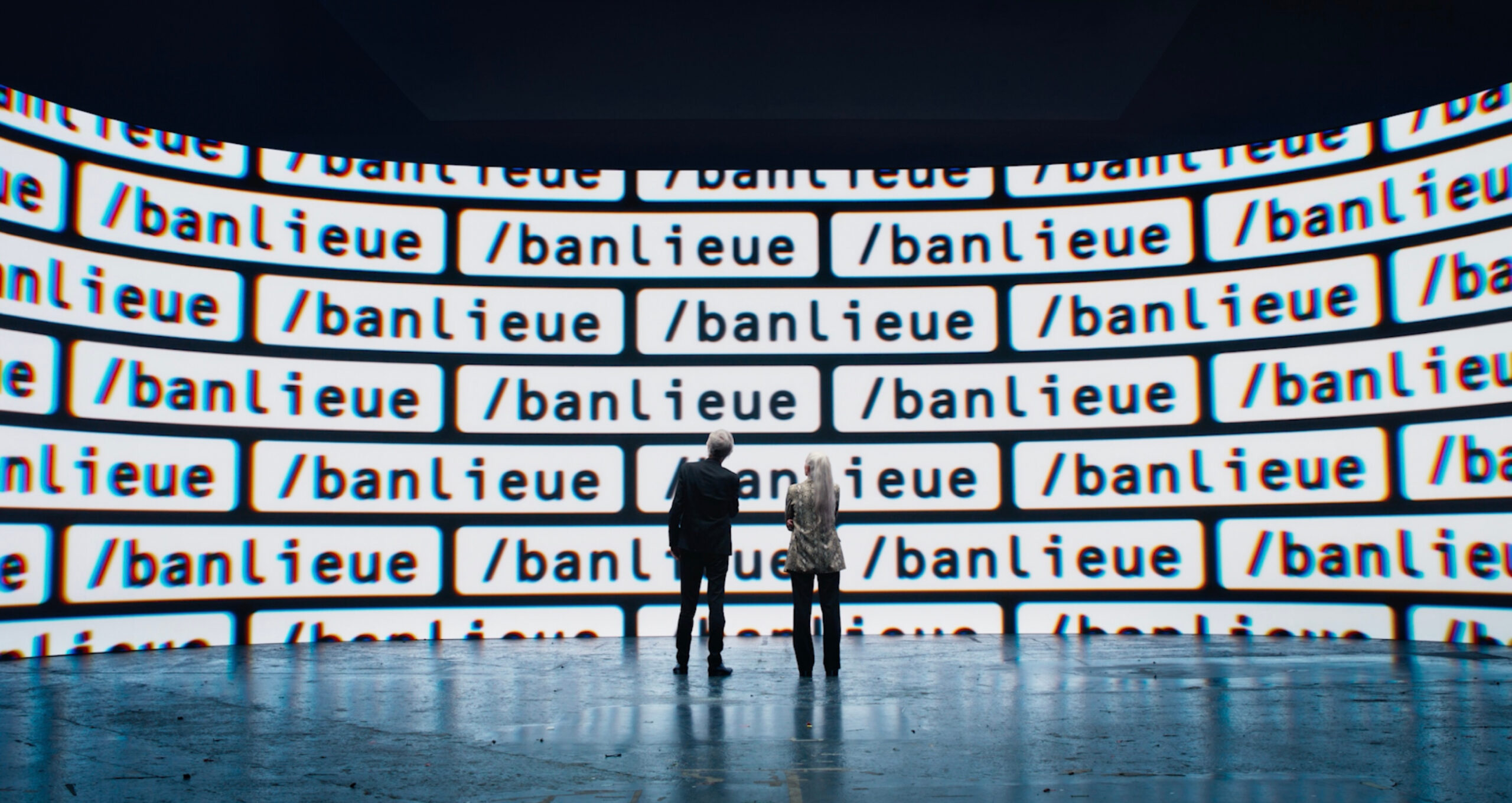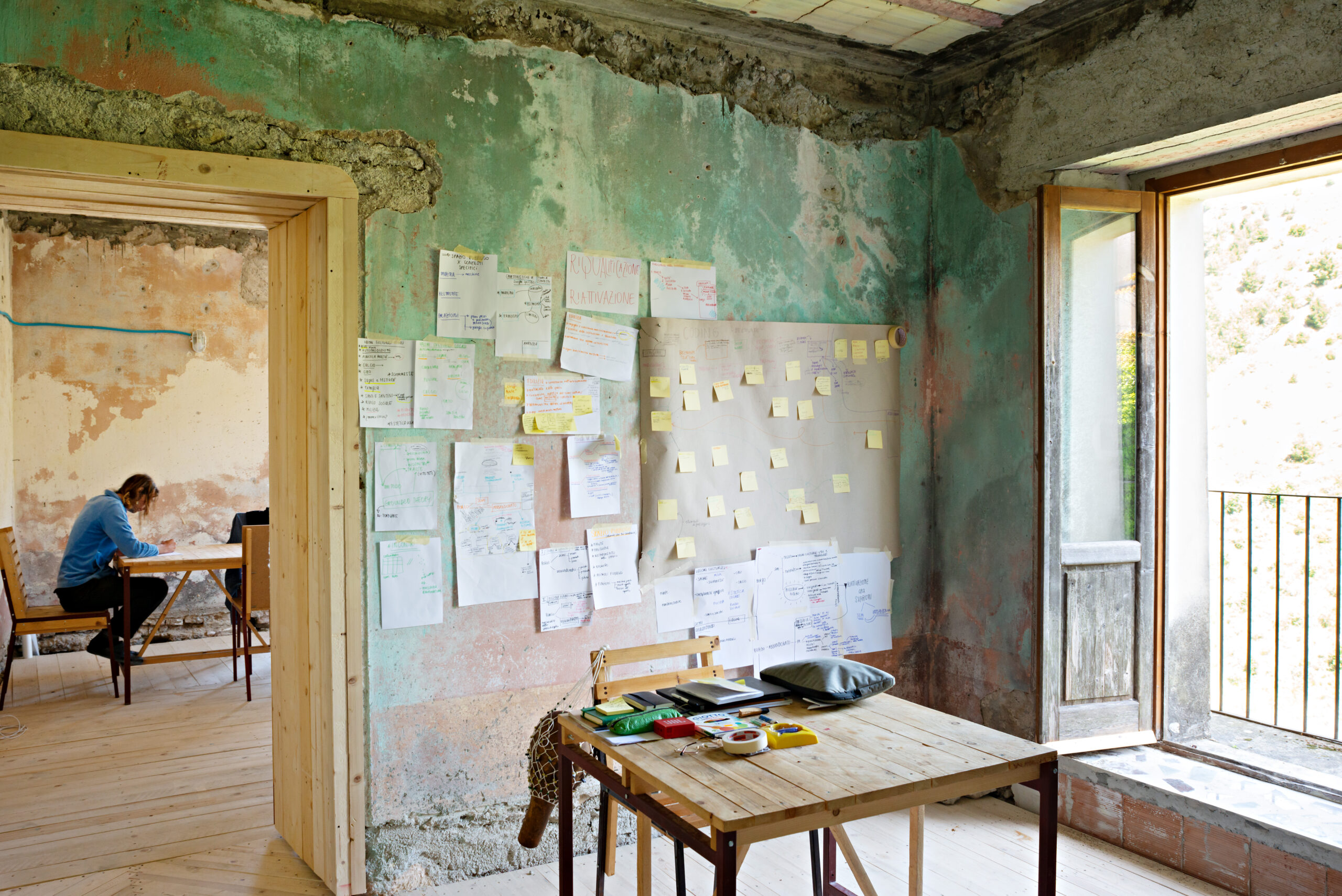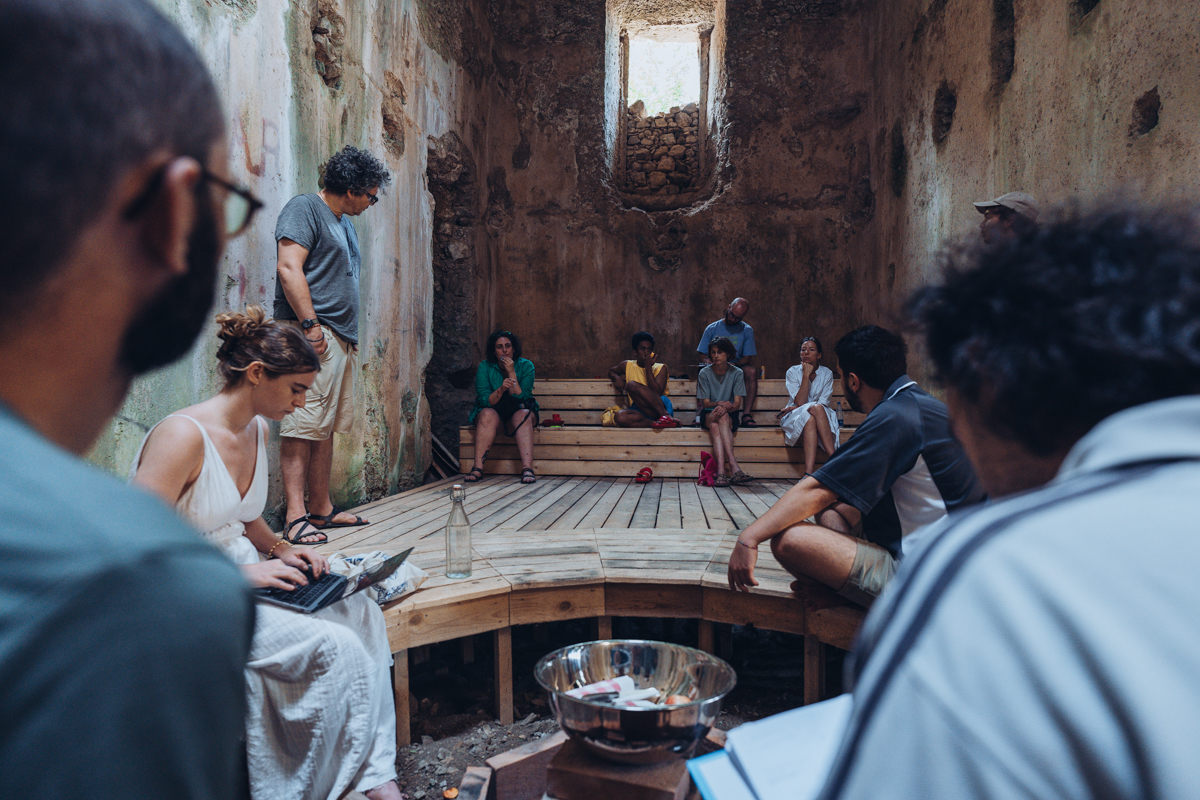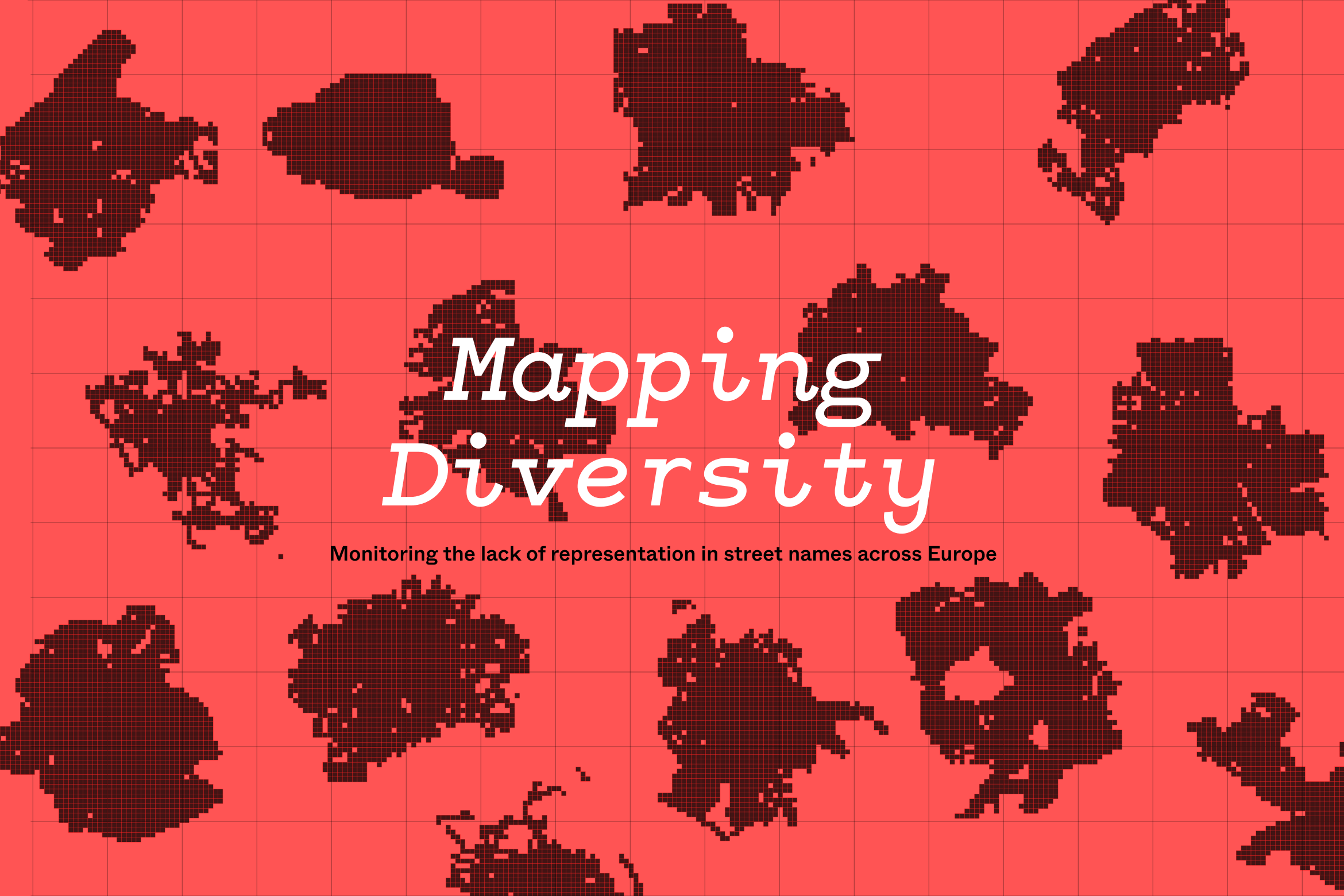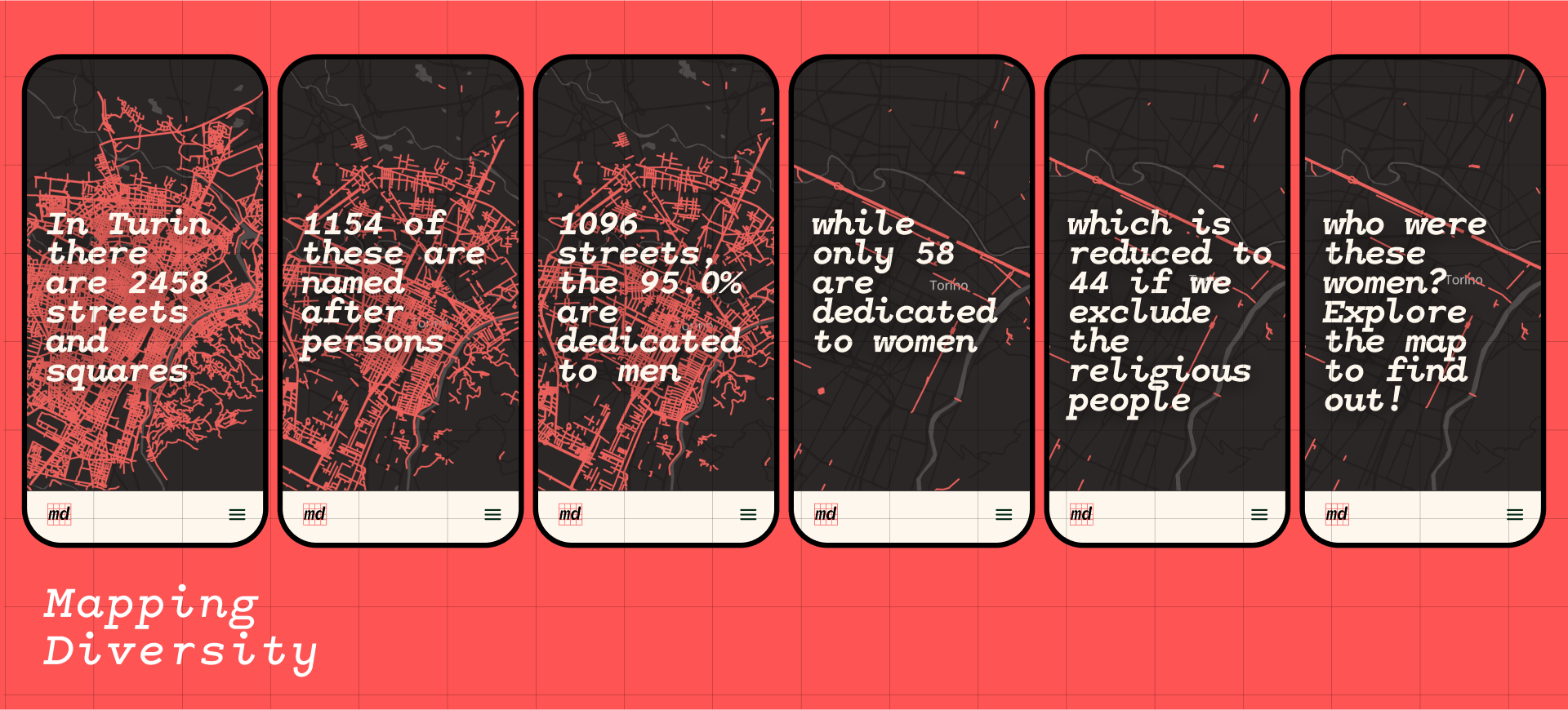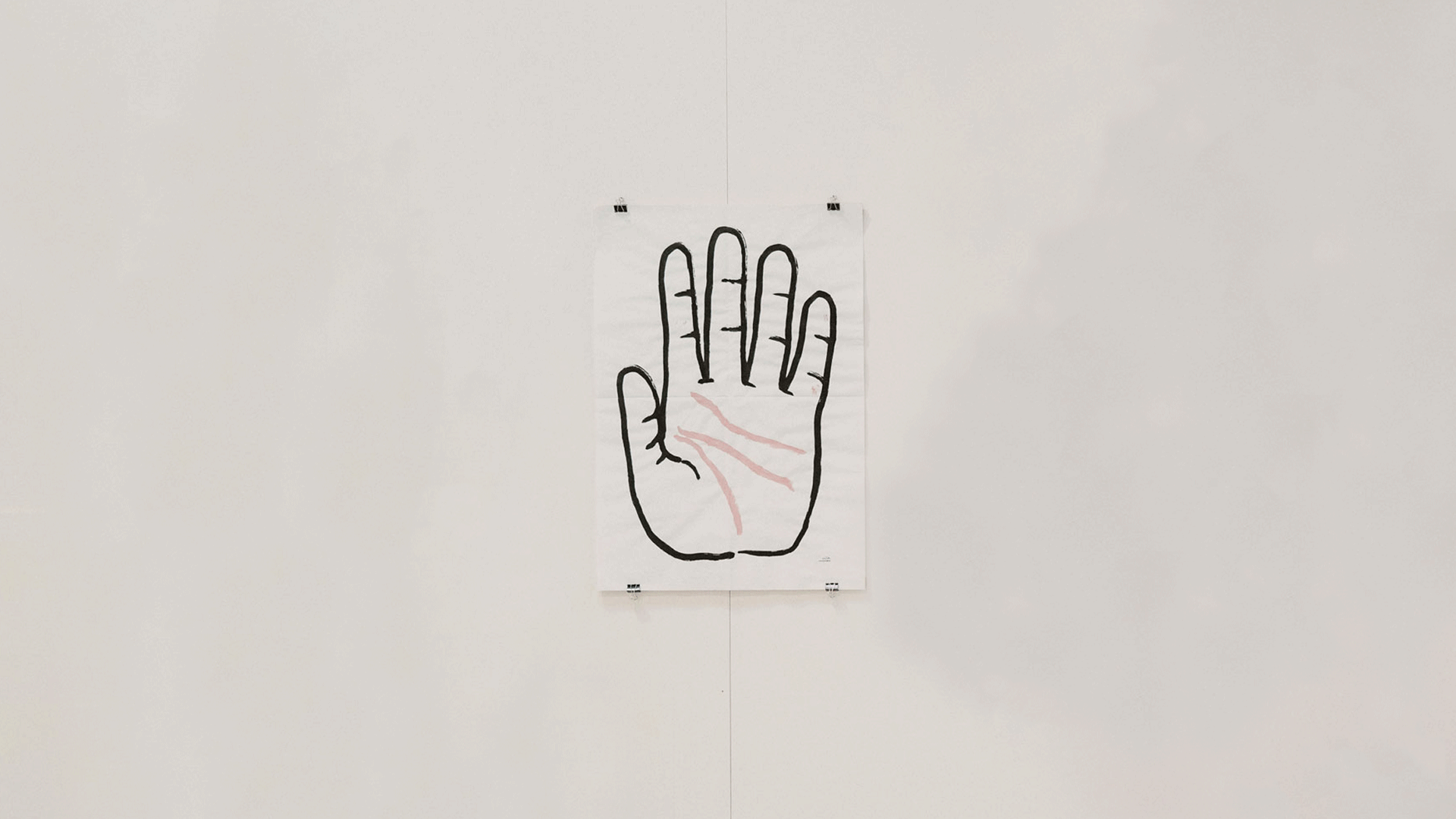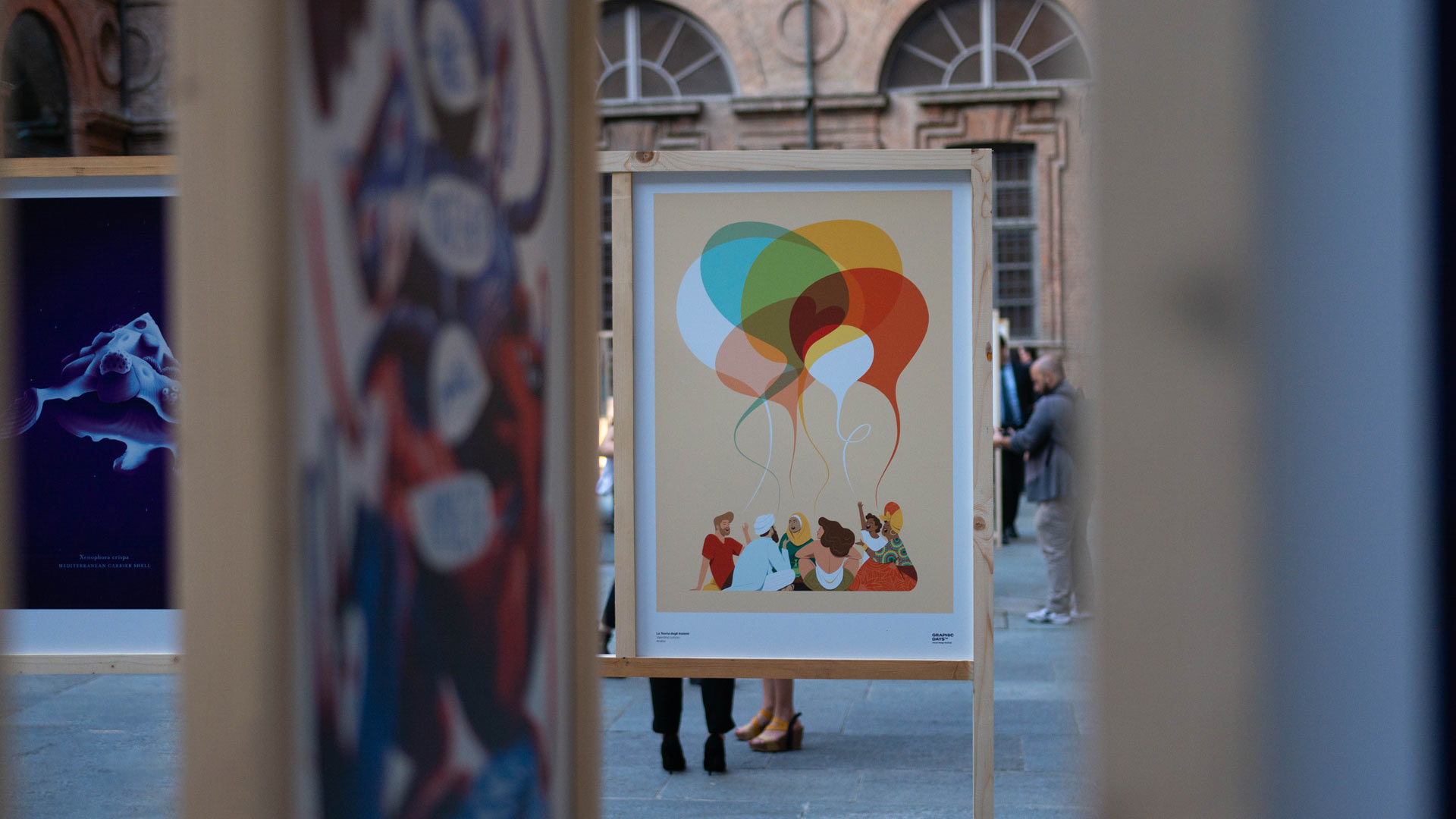At a time marked by great tensions, this new edition of the exhibition We mix design and people explores the role of design as a practice of care, proximity, and an act of love.
We mix design and people Vol.4
8 - 18 May 2025
Exhibition
The exhibition, co-curated by Cristian Campagnaro and Sofia Scognamillo from the Department of Architecture and Design at Politecnico di Torino, showcased ten projects that explore different areas and approaches, all pursuing specific goals of social impact. Fighting discrimination and violence, promoting active citizenship, protecting the rights and future of people with disabilities, environmental sustainability: each project told, in its own way, the story of design as an act of love and social justice. Designers from around the world took part in the exhibition: a temporary observatory on contemporary social design approaches.
#KidsVsDomesticViolence is a communication and awareness campaign by the creative studio Red Dog for Barnardos, a children’s charity in Ireland. Through the direct involvement of children in designing slogans and visuals, Red Dog developed a nationwide multichannel campaign. From physical materials like stickers and pins to informative media like promotional videos and postcards—intended to be actually written and sent to the Irish President—the project followed a bottom-up process, amplifying the voices of a fragile age.
Developed by visual communicator and designer Carola Ureta Marin, La Ciudad como Texto captures the memory etched on the walls of the Alameda—the main street of Santiago turned symbolic stage during the Chilean Social Uprising. The designer created a digital and printed visual journey retracing the slogans, drawings, codes, and messages that transformed the street’s facades. The work invites viewers to walk this visual path and interpret the “city-text” in a personal way, bringing to life the energy of a society in motion.
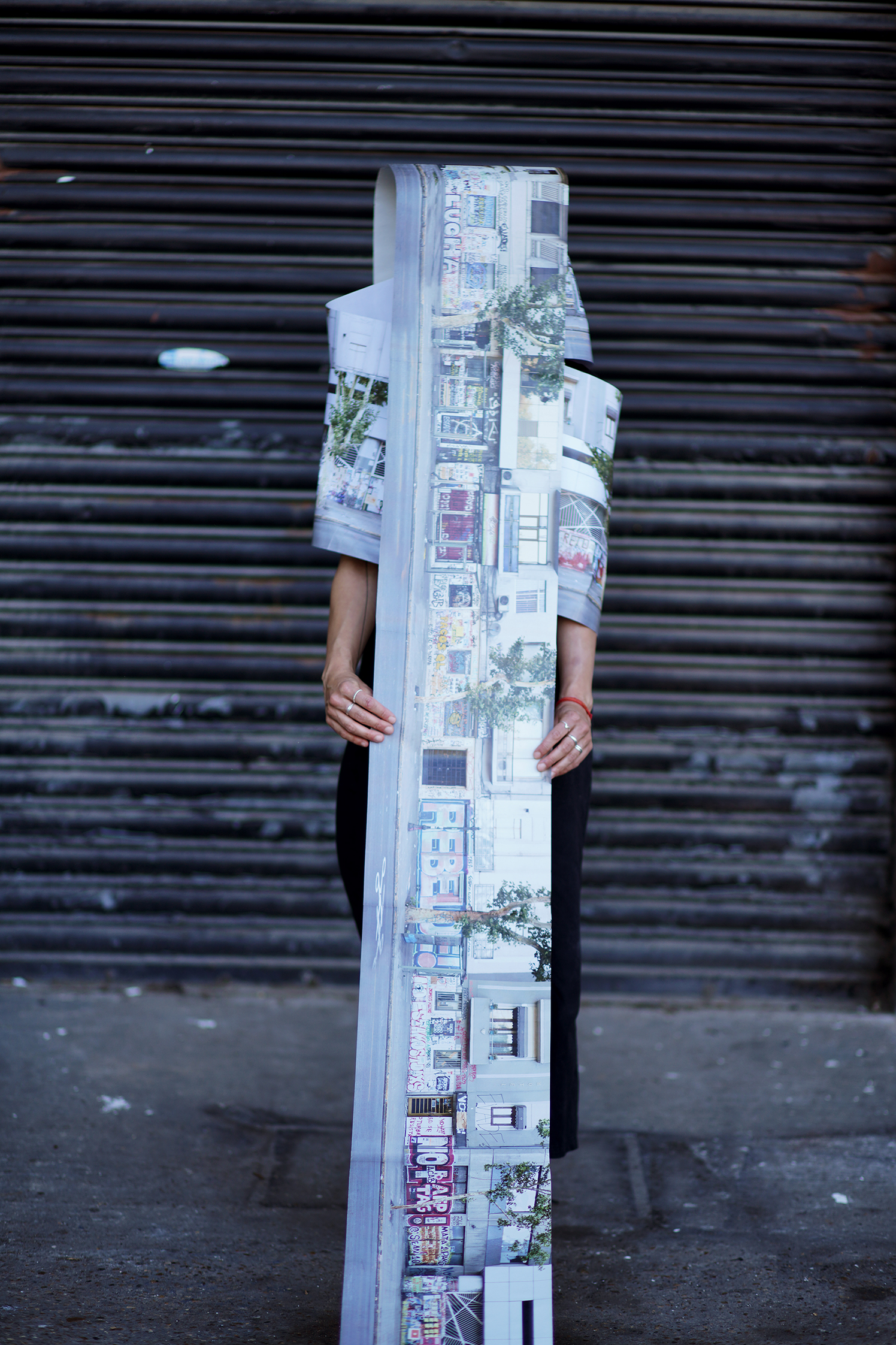
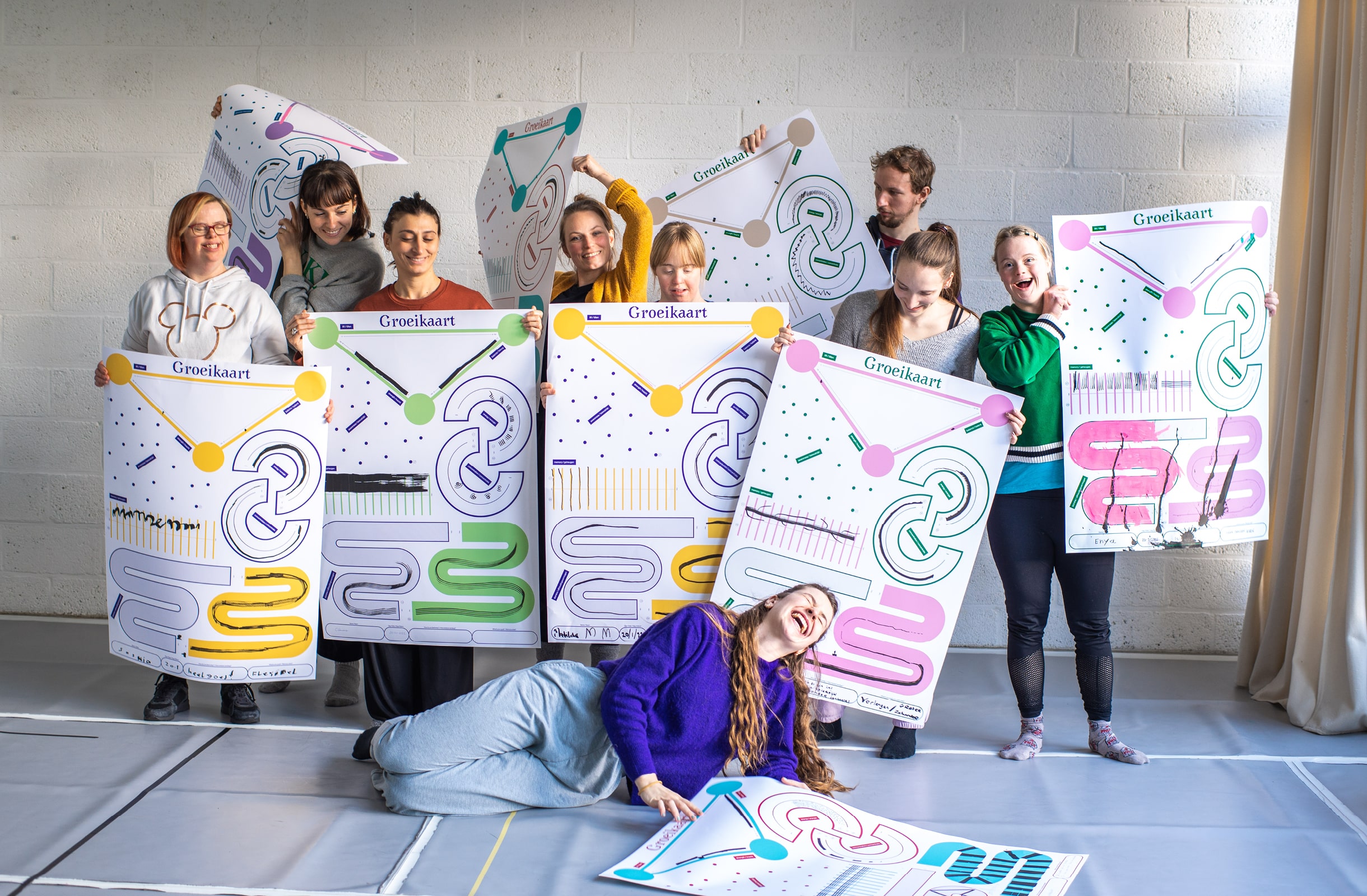
How can design transform the way we learn and grow? ST-DUO explored this question in collaboration with the inclusive dance company Misiconi, using design to rethink teaching, learning, and autonomy in dance education. The publication A New Way to Grow presents the workshop Design Thinking ≠ Doing!, offering new perspectives on learning, assessment, and inclusive education, with applications that go far beyond dance, touching schools, creative spaces, and educational environments of all kinds.
The Feminist Tech Card Deck is an educational and informative tool designed to collaboratively imagine just and inclusive digital futures. The card deck facilitates conversations and helps explore Feminist Tech Principles, encouraging dialogue and the development of new narratives and values. Developed by the independent organization SUPERRR Lab, the project is supported by the Robert Bosch Stiftung’s “Reducing Inequalities Through Intersectional Practice” program.
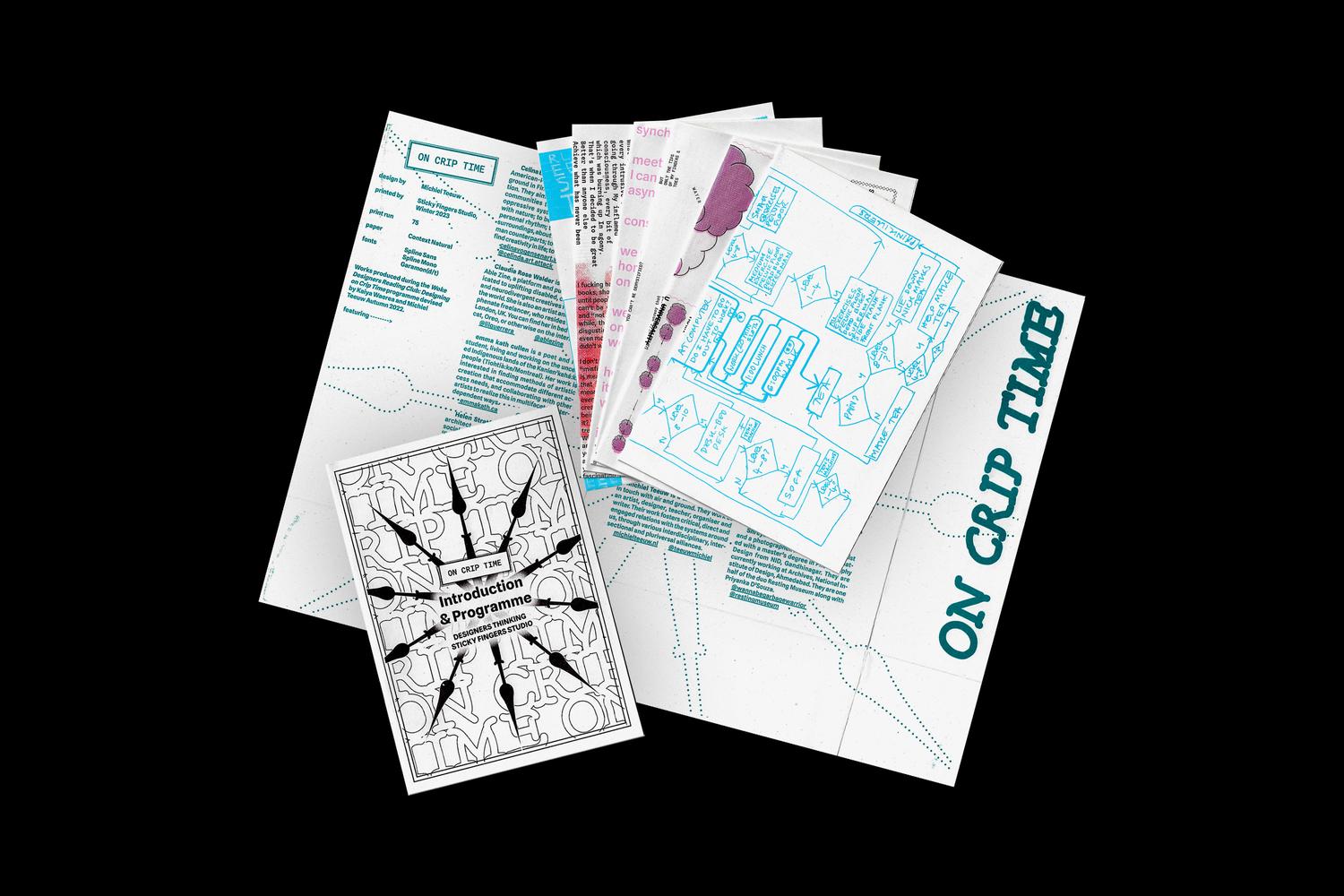
Created by designer, writer, and editor Kaiya Waerea and the graphic design studio Converger, On Crip Time is a collective exploration of how imposed time systems hinder disabled people from accessing the future. Life diagrams of those deemed unlivable, prayer rugs, posters, temporal maps, and manifestos: the publication is a collection of graphic and conceptual visualizations developed during a participatory workshop with professionals in the disability care sector.
Created by BETC Paris for the French ride-hailing app Heetch, Greetings From La Banlieue takes the form of a set of corrective images aimed at positively influencing Midjourney’s database and breaking down biases about Parisian suburbs. Over 50,000 postcards featuring real, pleasant, everyday images of the banlieues were sent to the California-based company: the back featured space for a personal message and a QR code linking to the new image database. This local engagement and empowerment initiative led to the integration of the new photo set, helping remove stereotypes from the platform.
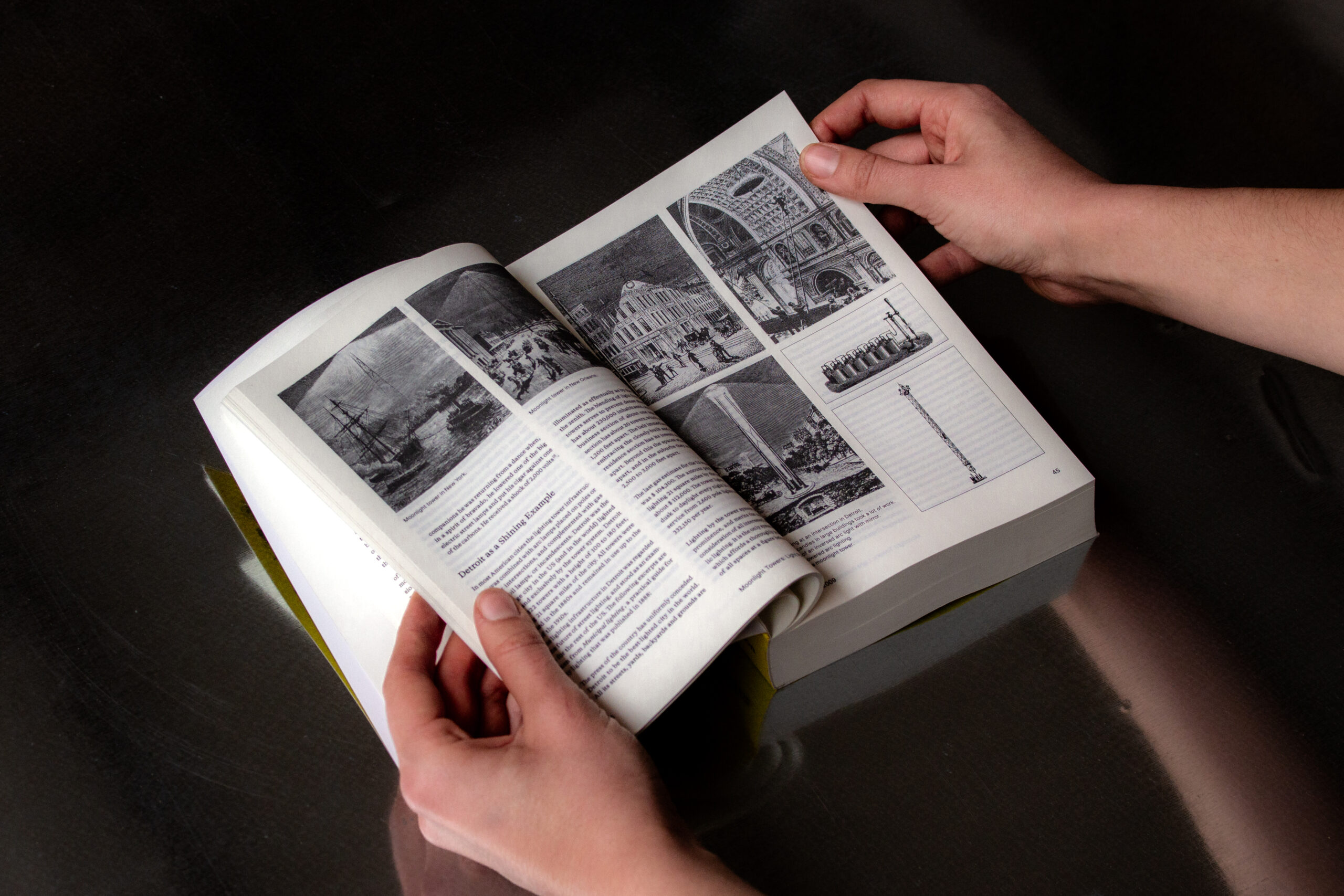
Conceived by Kris De Decker and curated by Laia Comellas and Marie Verdeil, Low-tech Magazine is a digital and physical platform that rigorously applies sustainability principles to the information sector. The project consists of a minimalist, solar-powered website with low energy consumption and a printed publication that, in just over 600 pages, serves as the physical archive of the website. Through downsizing and space-saving layout choices, the publication becomes a manifesto of sustainable publishing.
The McGonagle® Reader is an accessible voting system with touch navigation and audio support, designed to ensure independent, secure, and secret voting—especially for blind, visually impaired, cognitively disabled individuals, or those not fluent in the local language. Developed by Pakflatt® following a 2019 UK High Court ruling, the product complies with the UK Elections Act 2022, which requires inclusive voting solutions. The development phase included extensive user testing, particularly with blind and visually impaired individuals.

BelMondo is an independent cultural project born from La Rivoluzione delle Seppie, an international collective of young professionals working in Calabria to regenerate marginalized spaces, restoring their function, meaning, and social connectivity. Initiated as a collective experiment, INK36 explores the visual, symbolic, and narrative imaginaries linked to the project, serving as a documentation and reflection tool: an open editorial platform that accompanies and amplifies BelMondo’s cultural process.
Street names are not neutral elements: they reflect cultural values, political choices, and influence the construction of collective memory. The Mapping Diversity platform was created to question who is visible and who remains invisible in the naming of contemporary European spaces. Using open data and engaging visual storytelling, the project allows users to explore the gender gap in the toponymy that surrounds and defines our places. Mapping Diversity is a project by OBC Transeuropa and Sheldon.studio for EDJNet.
Altri progetti

